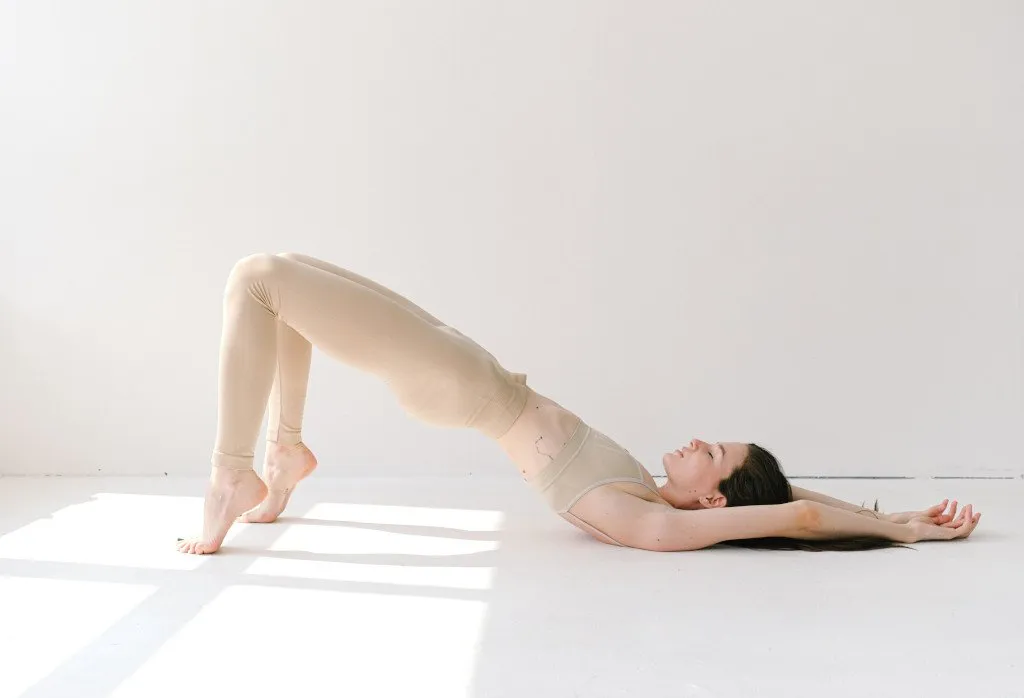Hatha Yoga Philosophy
Hatha Yoga, a popular branch of yoga, is renowned for its holistic approach to health and well-being. It combines physical postures (asanas), breath control (pranayama), and meditation to create a harmonious union of body, mind, and spirit.
What is Hatha Yoga?
Hatha Yoga originated in ancient India and is often described as the yoga of balance. The term “hatha” itself means forceful or determined, emphasizing the discipline and effort required to practice this form of yoga.
Origins of Hatha Yoga
Hatha Yoga traces its roots back to the 15th century with the Hatha Yoga Pradipika, a classic Sanskrit manual that outlines various practices and techniques. It evolved as a way to prepare the body and mind for deeper spiritual practices, such as meditation.
Are you curious about the flourishing landscape of software development in Costa Rica?
Understanding the Core Principles
Hatha Yoga philosophy is based on several fundamental principles that guide practitioners on their journey to self-realization.
Balance of Opposites
One of the key principles of Hatha Yoga is the balance of opposites, known as hatha in Sanskrit. This concept teaches that through the integration of opposing forces, such as strength and flexibility, one can achieve harmony and equilibrium in both body and mind.
Union of Body, Mind, and Spirit
Hatha Yoga emphasizes the interconnectedness of the physical, mental, and spiritual aspects of our being. By cultivating awareness and presence through the practice of asanas and meditation, practitioners can unite these elements and experience a profound sense of wholeness.
Importance of Breath Control
Central to Hatha Yoga philosophy is the practice of pranayama, or breath control. Breath is seen as the bridge between the body and the mind, and by regulating the breath, practitioners can calm the mind, increase vitality, and deepen their yoga practice.
The Eight Limbs of Hatha Yoga
Hatha Yoga follows the eight-fold path outlined by the sage Patanjali in the Yoga Sutras. These limbs serve as a guide for living a meaningful and purposeful life, both on and off the mat.
Yamas and Niyamas
The first two limbs, yamas and niyamas, consist of ethical guidelines and personal observances that help practitioners cultivate self-discipline, integrity, and compassion.
Asanas: Physical Postures
Asanas, or physical postures, form the foundation of Hatha Yoga practice. These poses not only promote strength, flexibility, and balance but also prepare the body for meditation and spiritual awakening.
Pranayama: Breath Control
Pranayama techniques involve various breathing exercises that help regulate the breath, calm the mind, and channel prana, or life force energy, throughout the body.
Pratyahara: Withdrawal of Senses
Pratyahara teaches practitioners to withdraw their senses from external distractions and turn their focus inward, facilitating deeper levels of concentration and meditation.
Dharana: Concentration
Dharana refers to the practice of single-pointed concentration, where the mind is trained to focus on a specific object or point of awareness, leading to heightened mental clarity and mindfulness.
Dhyana: Meditation
Dhyana, or meditation, is the practice of sustained focus and awareness, allowing practitioners to transcend the fluctuations of the mind and experience inner peace and tranquility.
Samadhi: State of Ecstasy
The ultimate goal of Hatha Yoga is samadhi, a state of profound bliss and union with the divine. In this state, the practitioner experiences a sense of oneness with the universe, transcending the limitations of the ego and realizing their true nature.
Incorporating Hatha Yoga into Daily Life
The benefits of Hatha Yoga extend far beyond the physical practice on the mat. By integrating yoga philosophy into daily life, practitioners can cultivate greater health, happiness, and spiritual fulfillment.
Benefits for Physical Health
Regular practice of Hatha Yoga can improve strength, flexibility, and posture, alleviate chronic pain and tension, and boost overall vitality and well-being.
Mental and Emotional Well-being
Hatha Yoga also offers numerous benefits for mental and emotional health, including stress reduction, anxiety relief, and enhanced emotional resilience and self-awareness.
Spiritual Growth and Self-Realization
At its core, Hatha Yoga is a spiritual practice aimed at self-realization and enlightenment. By delving deeper into the philosophy and teachings of yoga, practitioners can awaken to their true essence and live with greater purpose and meaning.
Common Misconceptions About Hatha Yoga
Despite its widespread popularity, Hatha Yoga is often misunderstood. Here are some common misconceptions debunked:
It’s Just Stretching
While Hatha Yoga does involve physical postures, it is much more than just stretching. It encompasses breath work, meditation, and philosophical teachings aimed at holistic well-being.
Only for the Flexible
Hatha Yoga is accessible to people of all ages, body types, and fitness levels. With practice and patience, anyone can experience the benefits of yoga, regardless of their level of flexibility or physical prowess.
Hatha Yoga vs. Other Yoga Styles
Hatha Yoga is often confused with other yoga styles, such as Vinyasa or Bikram. While these styles may share some similarities, each has its own unique emphasis and approach to practice.
Tips for Practicing Hatha Yoga
Whether you’re a beginner or an experienced practitioner, here are some tips to enhance your Hatha Yoga practice:
Start Slowly
Take your time to ease into the practice, listening to your body and honoring its limitations. Progress gradually and avoid pushing yourself too hard, especially in the beginning.
Listen to Your Body
Pay attention to how your body feels during practice and adjust your poses accordingly. If something doesn’t feel right, back off or modify the pose to suit your needs.
Find a Qualified Teacher
Seek guidance from a certified Hatha Yoga teacher who can provide personalized instruction and support. A knowledgeable teacher can help you deepen your practice and avoid injury.
Conclusion
Hatha Yoga philosophy offers a comprehensive approach to health and well-being, encompassing physical, mental, and spiritual aspects of our being. By integrating the principles and practices of Hatha Yoga into daily life, individuals can cultivate greater harmony, vitality, and inner peace.


